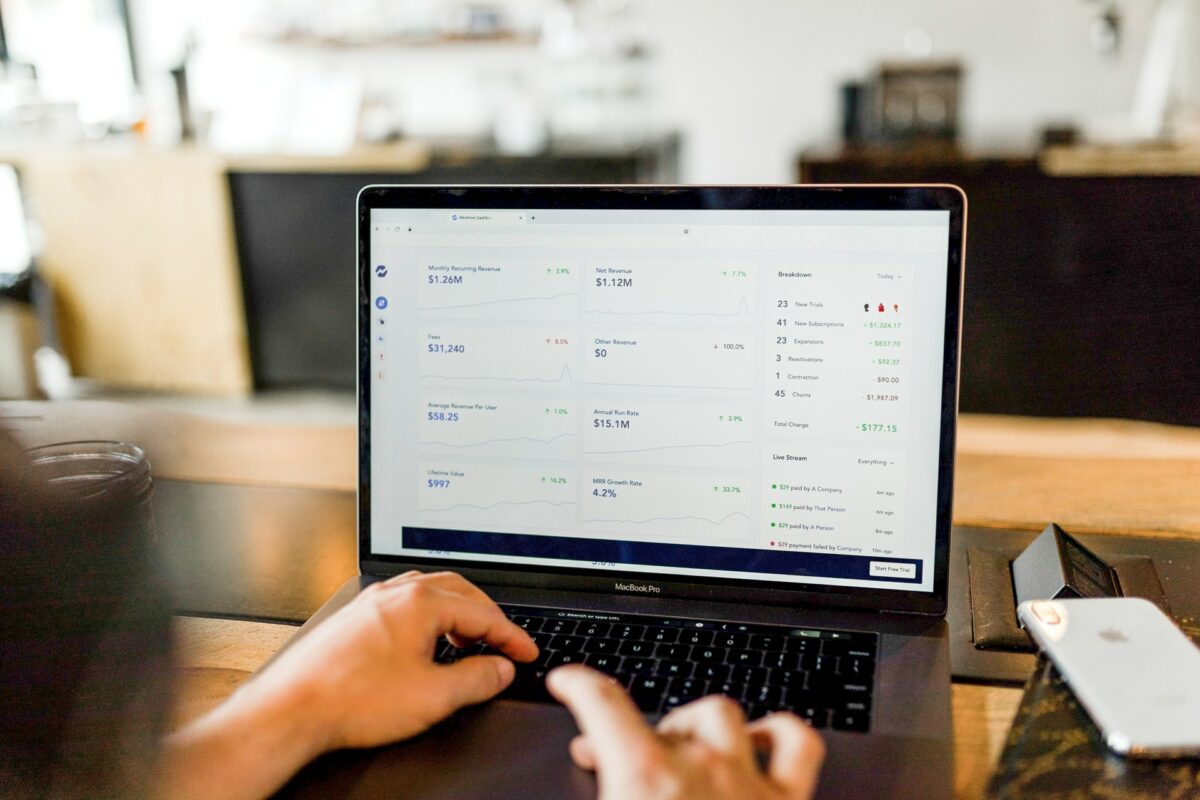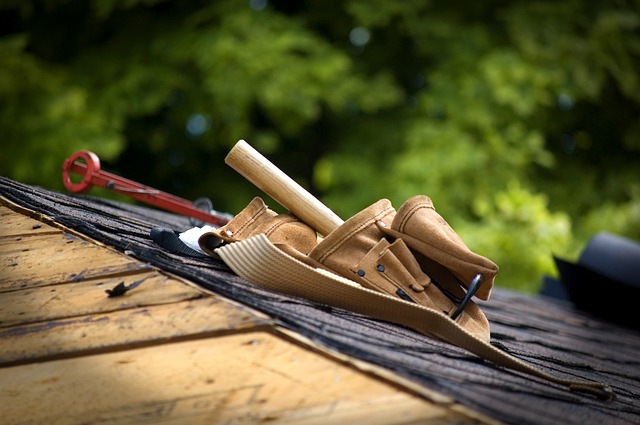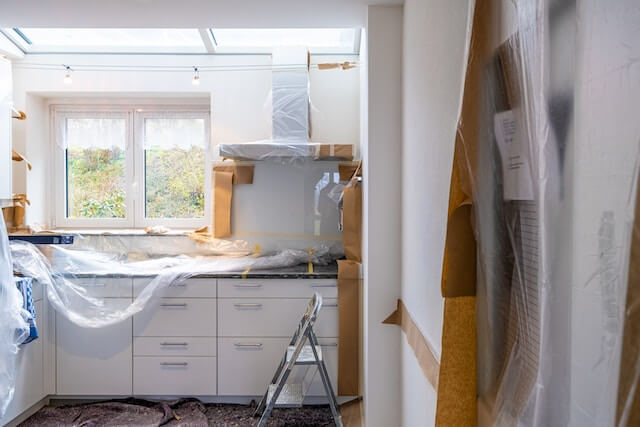The phrase “making a difference” is often used in a vague way, where someone wants to change or impact the world around them. This can often be paralyzing, given how complex and challenging our world can be to live in.
Instead, here’s a different take: “have an impact on a person or a group of people for the positive.” When you start to get specific about making a change in your life that matters, you start to see the people and organizations that change will affect if done right. So, this post is not geared towards showing you how to start a business right away, or monetize a skill, but rather how you can clarify and understand your strengths and weaknesses and translate them into meaningful actions. Let’s get started.
What are your strengths?
This is a different question from “what are you good at?” There is a very real distinction between aptitude and skills. Aptitudes or talents are things that you have an affinity for. Some people have charisma and charm, making it easier for them to connect with others. Some people are excellent at sorting and evaluating information, giving them a leg up in other professions.
Skills are things that you have to work to develop. Running a business requires you to develop skills in marketing, accounting, and other fields. Learning and utilizing those skills is by no means impossible, but having strengths and aptitudes in areas that connect to skills speeds up the learning process and lowers the learning curve.
Here are some questions that you can ask yourself to identify your strengths:
What is a major challenge you have overcome?
Asking yourself this question gives you details about a major event you resolved or handled well. Thinking about what it is about you that helped you overcome the challenge will give some insight into the strengths you had that helped you succeed.
What do you enjoy doing?
Asking yourself what you enjoy most can give you an idea of what your strengths are because people generally like doing things that they are good at.
What do you want to do?
If money was no object, what would you be doing? What would your life look like? This gives more clues about potential strengths. What we dream is often how we end up changing the world.
What are you proud of in your life?
When you look at where you are at in life, what fills you with a sense of pride? When we are proud of something, it likely is a clue, telling us about something we did well.
What do you get complimented on most?
Looking to external sources to identify your strengths can often result in a distorted picture of yourself, but seeing what others have consistently complimented you on can give you a good picture of your strengths.
Identify your weaknesses
Weaknesses. Everyone has them, and looking at them for prolonged periods of time can be unpleasant, but it can also result in growth and is a necessary step on the path to growth.
What are tasks you have avoided or have found unpleasant? Why were they that way? Was it because you were unskilled, or was it just something you didn’t enjoy? Having a list of weaknesses gives you a sense of where you can increase your skills and become a more well-rounded person. Additionally, as you set out on a new life path, knowing where you’ll need to work hard to succeed is critical.
Make your growth actionable
It’s one thing to say that you want to grow or make a difference, it’s entirely another to start taking steps to grow. This means action! Growing and discovering how you can use your gifts to make a difference requires you to start taking real steps. Thinking about change is important, as is identifying strengths and weaknesses, but growth will always need action.
So how do you make your journey actionable?
It starts with goals. There are two solid approaches to goal setting: starting small or starting big.
Starting small
Let’s say that you’ve always wanted to grow your strengths as a person with musical aptitude, but you’ve never done anything beyond singing in the shower. Where do you start? Well, sometimes it’s better to just get going. Head to the local music store, buy a guitar, and start playing, right? Still, a lot of people burn out with this approach, because many skills and areas of growth are difficult to grow within.
Here’s a way to start small. Go out, buy the guitar. Then, pick a small goal, like playing a favorite song, or playing scales. Do the small goals, one after another. Small goals strung together result in major gains.
Starting big
You can also take the Olympic athlete approach. Many top-performing athletes have audacious goals: be the best in the world, break a record nobody has broken before. If you set a goal like that for yourself, you might get overwhelmed with its seeming impossibility. But, think like athletes like Brenda Martinez. She had a fall in a race of no fault of her own that resulted in her losing her spot in an Olympic event. But she stayed focused on the process rather than the result and ended up securing a spot in a different event a few days later.
The point is that when you set a big goal, it can be overwhelming, but don’t let that stop you from setting the goal. Instead, set it and forget it, focusing on the process of getting to that goal. In that sense, you end up in a small goal space as well. Returning to the guitar example, you want to be the world’s greatest guitarist, that’s your goal. But for today, we start with the scales.
Find a place to grow your strengths and skills
Growing your strengths and skills by self-direction alone can be difficult. Let’s face it, it can be a lonely path. Seeking out a community or a vocation for your skill and strength development is powerful. In fact, it’s way more powerful than you might think! It’s the natural next step for making a difference in your world and life because it involves other people.
Starting a business can be one of the most rapid and rewarding ways to grow your strengths and make a difference. You don’t have to start with a physical product. Write something that corresponds to what you’ve been learning or practicing and sell it to others (or give it away for free. Start making videos, and sharing or selling them to others describing your journey. Develop coaching or consulting services that will allow you to share your expertise and growth with others. Seek out employment with an organization that does work that is meaningful to you and aligned with your strengths.
If you want to start your own business, there are many opportunities and tools to help you start, and e-commerce is one of the best places to begin.
Check how it’s going
Once you’ve gotten some distance on your journey, it’s time to take a moment to reflect and reconsider what you’ve done, and where you can go from here. Return to your goals, and re-evaluate the strengths and weaknesses you started with at the beginning. Ultimately, you might find that you’ve grown, and have made a difference. Then, the journey can begin again–that’s the fun of growth, it never ends.
Bio:
Thomas Wells is a Content Marketing Lead at Selz, an e-commerce company. He works to create content that helps small to mid-sized businesses shepherd and grow their presence online.















